The News-Hub/ Articles
Back to Articles
Recommended Articles
Are Surgical Masks the New Plastic Straws?
We know that air pollution is down by up to 50% in certain parts of the world, waterways that were once ridden of wildlife have come back but what about all the disposable waste we are producing?
After a survey by the environmental group, OceansAsia, on a trip to the Soko’s islands in Hong Kong found masses of surgical masks washing up on the shoreline.
Gary Stokes, OceanAsia’s Founder, said “We have found 70 discarded masks within 100 metres of the beach and an additional 30 masks when we returned a week later. Over time the team has seen the odd mask here and now, however, this time they were all along the high tide line and foreshore with new arrivals coming in on the current. When you suddenly have a population of seven million people wearing one or two masks per day the amount of trash generated is going to be substantial. The masks were not that old, some almost looked brand new meaning they were not in the water long.”
All these discarded single-use face masks used to protect the spread of COVID-19 could start causing significant harm to the environment. A mask that is ingested by a local turtle, pink dolphin or finless porpoise, for example, could easily become stuck in the digestive system of this animal, thereby killing it.
Marine plastic pollution is already a serious problem, it is estimated that every year, over eight million tonnes of plastic enter our oceans. This plastic does not disappear but rather slowly breaks down into micro-plastic, which enters food chains, with devastating effect.
So before you think about ordering yourself some disposable masks for your next shopping trip, why not look at a more sustainable fabric version which will allow you to wash it and not end up in the stomach of a turtle or dolphin.
Empty content. Please select category to preview

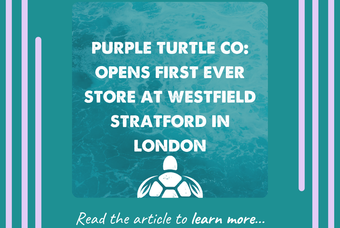

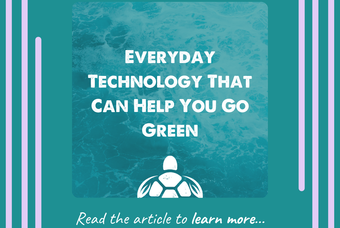
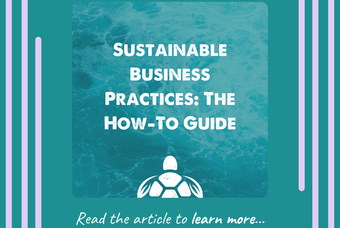
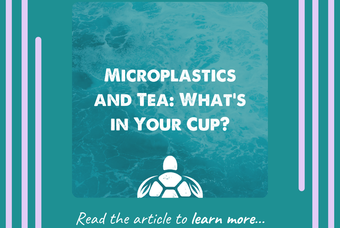
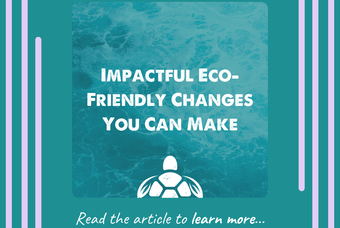
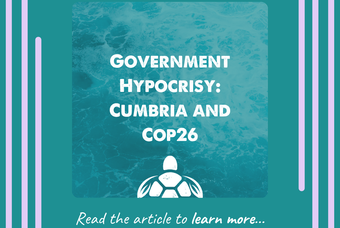
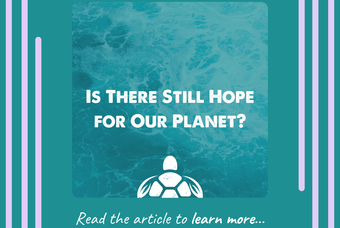
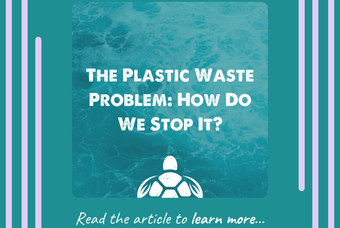
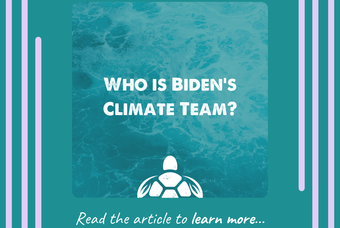
0 comments. Write a comment